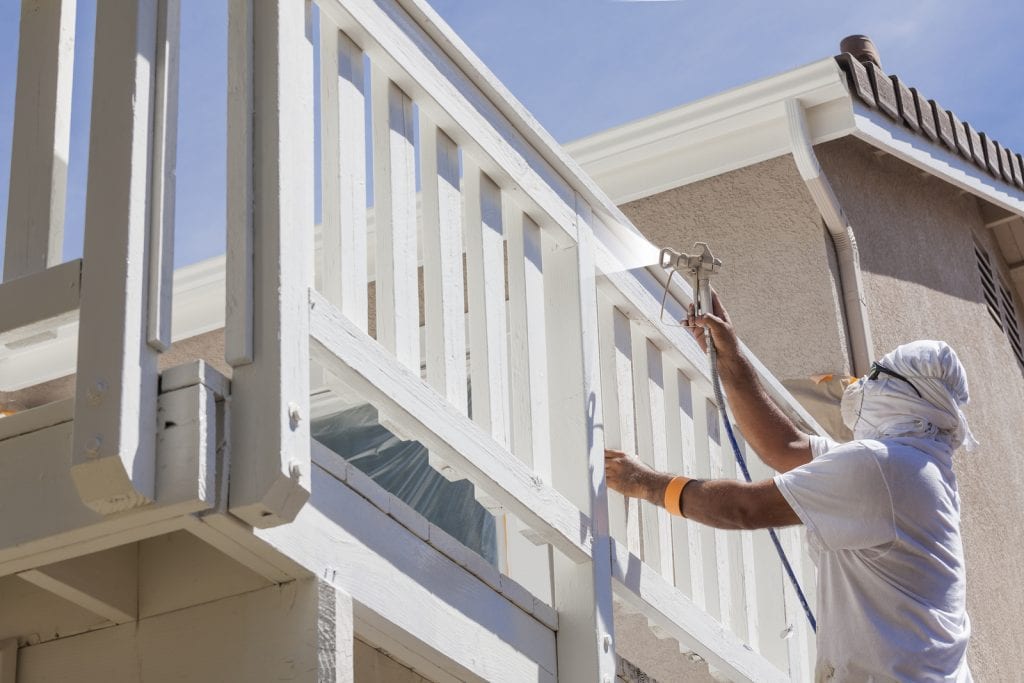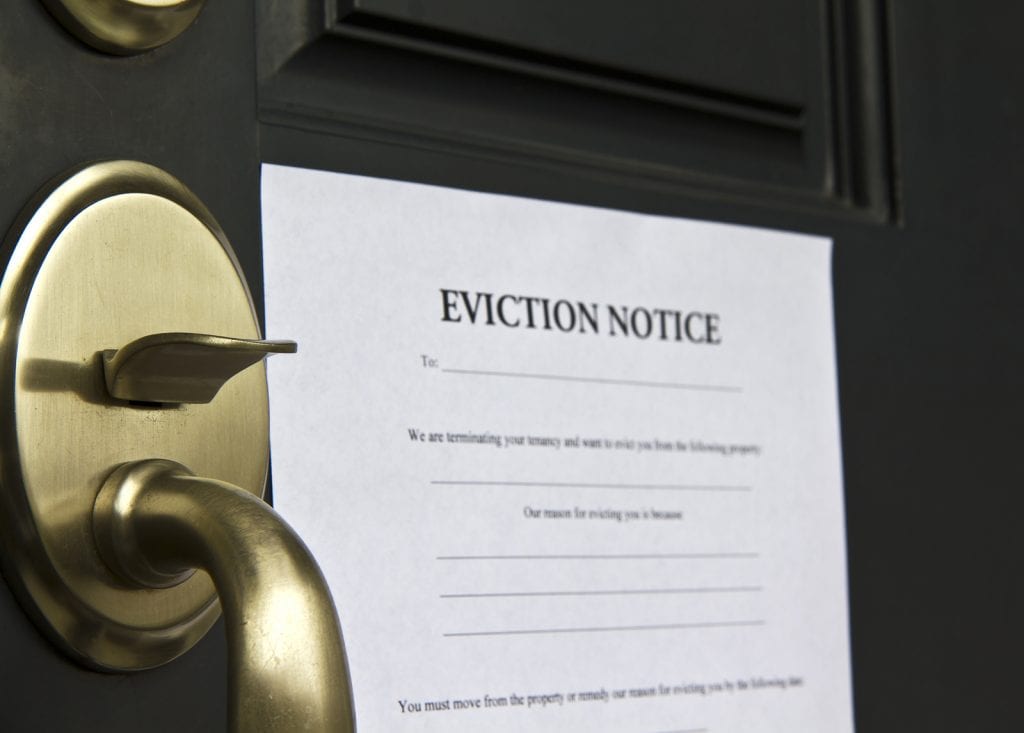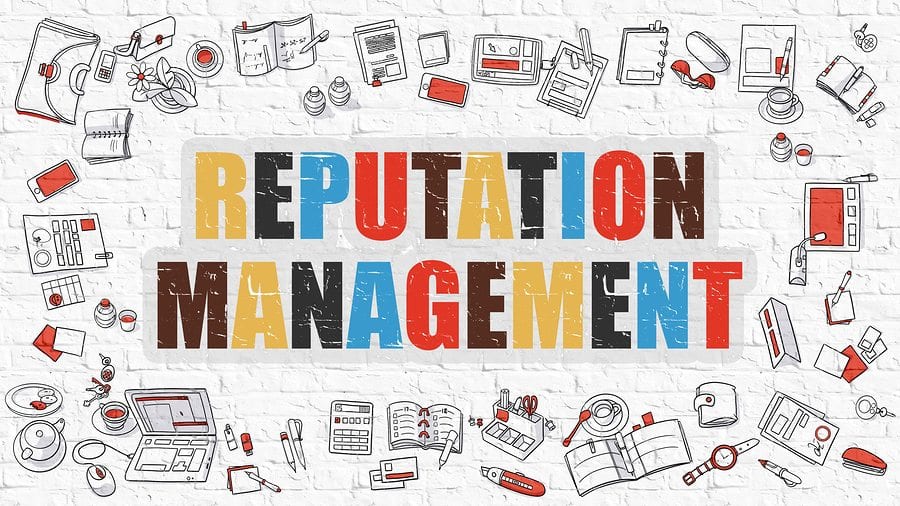
Apartment reputation management is more important than ever. Did you know that an impressive 69 percent of prospective renters rely on online reviews and ratings to guide their housing decisions?
In today’s digital age, apartment hunters turn to online platforms to gather insights, make informed decisions, and ultimately choose their next home. We’ve put together a comprehensive 5-step guide to help you navigate the fast-changing world of online reputation management.
5 Essential Reputation Management Tasks for Apartment Managers
Task 1: Monitor and Respond to Reviews Promptly
The first step toward successful reputation management is regular monitoring of your online presence. Actively track various review websites, social media platforms, and online forums where tenants may discuss their experiences.
By being diligent, you can quickly address any negative sentiment and respond promptly, showcasing your dedication to resolving issues. Engage in meaningful conversations, provide solutions, and demonstrate empathy while handling feedback professionally.
Task 2: Encourage Positive Reviews
Create opportunities for satisfied tenants to share their positive experiences. Implement a streamlined process where tenants can easily leave reviews on websites such as Google, Yelp, or specific apartment listing platforms. Consider providing a QR code in the office, on social media posts (in some cases), and on property manager business cards.
Encouraging these reviews can not only enhance your online reputation, but also serve as an effective marketing tool to attract potential residents. When you know you have a loyal and satisfied tenant, just ask them for a review! You’ll be amazed at how many will be willing to leave a great, five-star review for an apartment community they love.
Task 3: Engage with Tenants on Social Media
In today’s digital landscape, a strong social media presence is indispensable. Dedicate efforts to nurturing social engagement through strategically crafted content. Share engaging stories, insider tips, updates on community events, and highlight tenant success stories.
Active social media management helps create a sense of community amongst your residents, fosters a positive online conversation, and showcases your apartment community as a desirable place to call home. It’s an essential element to add to you apartment reputation management daily checklist.
Task 4: Leverage Testimonials and Success Stories
Harness the power of tenant testimonials and success stories. These narratives provide prospective renters with real-life examples of positive experiences within your community. Showcase these testimonials on your website, marketing materials, and social media platforms to build trust and credibility.
By sharing compelling stories, you strengthen your online reputation and encourage potential residents to visualize themselves as part of this thriving community.
Task 5: Keep Improving Apartment Reputation Management Practices
Reputation management is an ongoing effort. Utilize the insights gained from online feedback to continually improve your services. Actively address recurring issues to show potential renters you care about maintaining a high-quality living experience. By demonstrating your commitment to resolving problems, you build a strong reputation and create a foundation for long-term tenant satisfaction.
Exceptional reputation management goes beyond just maintaining a positive online presence; it reflects your commitment to creating a vibrant and welcoming community. With diligence, responsiveness, and dedication to continuous improvement, you can enjoy long-term success and foster lasting relationships with your residents. Improve your reputation, and great tenants will start seeking out your in-demand property.
Class A Management handles the day-to-day operations of your multifamily investment property, including apartment reputation management and effective marketing solutions. Let our team of seasoned pros start building relationships with your tenants to improve and maintain your property’s reputation.




